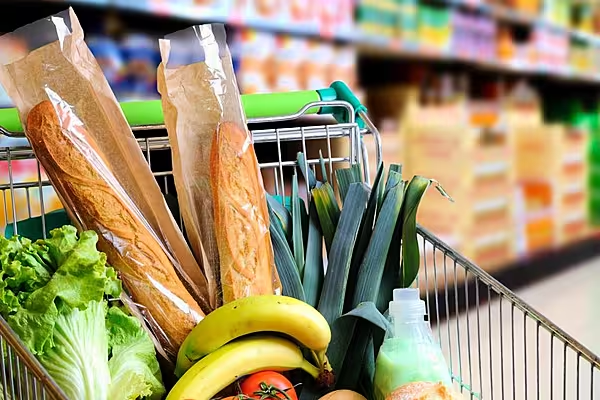Food and Drink Industry Ireland (FDII), the Ibec group that represents the food and drink sector, today published a comprehensive new review of the challenges posed to the sector by Brexit. The group warned of a substantial threat to thousands of jobs if the Government does not respond to the intense competitive pressures that the referendum result will create.
The report, ‘Brexit: The challenge for the food and drink sector’, notes that 41% of food and drink exports go to the UK (€4.4 billion), and recommends an immediate policy response to negative market developments.
Among its suggestions are a review of the national agri-food strategy Food Wise 2025; budget tax reform to improve Ireland's competitive position; and the re-introduction of the Employment Subsidy Scheme and the Enterprise Stabilisation measures that were last applied in 2009-11.
The report includes a survey of food and drink companies, which finds that 64% believe exchange rate movements would have a negative impact, 42% expect negative impact on the value of export sales, 42% identified exchange rate volatility as the biggest problem and 51.5% have hedging or pricing arrangements in place.
The report also contains an economic analysis of the historical relation between exchange rate and agri-food export relationship, and finds that a 1% weakness in sterling results in a 0.7% drop in Irish exports to the UK. If sterling was to weaken further towards the £0.90 mark, the analysis estimates that this would translate to losses of over €700 million in food exports and about 7,500 Irish jobs.
FDII Director Paul Kelly said: “Urgent action is now required to protect our vital exports to the UK market, limit damage in the domestic market from imports, and address competitive pressures caused by the fall in sterling. A failure to act will compound the pressure on exporters, undermine Ireland's long-term position in the market and threaten jobs.
“In addition to an immediate response to the currency shock, we need to work towards a positive outcome in formal exit negotiations. The main objective must be to maintain full unfettered access to the UK market for Irish exporters. UK access to the EU single market is much more preferable to UK bilateral agreements with third countries.
"A structural shift in exchange rate relationship, combined with Brexit related trade risks means that UK buyers are planning significant supply chain restructuring – the real threat is a loss of confidence in Ireland as a competitive supply base resulting in loss of markets and exports.
“The Government’s short term objective must be to support companies as they reposition their businesses during this period of uncertainty. The focus must be on maintaining markets in the UK, developing other markets as well as ensuring that, in the domestic market, companies remain competitive against imports and the threat of cross-border shopping.”
© 2016 - Checkout Magazine









